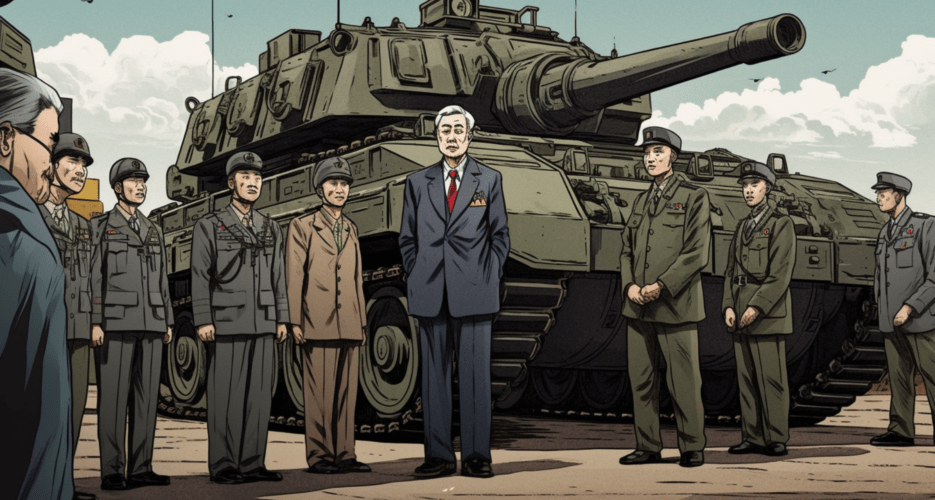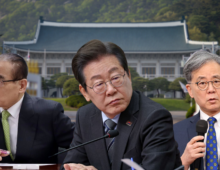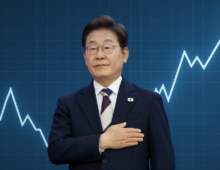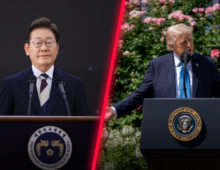ROK’s defense industry elevates economy but also forces Seoul into difficult positions between neighbors and partners
The Yoon administration is prioritizing South Korea’s world-class defense production capabilities as a cornerstone of the nation’s economy, with the goal of positioning Seoul as the fourth-largest global arms exporter. While this endeavor has successfully attracted European customers, it has also drawn attention to some restrictions on Seoul’s arms sales.
On one hand, Seoul’s Western partners are urging the Yoon administration to play a more active role in arming Ukraine against Russia’s invasion. Conversely, Russia has threatened South Korea should it decide to get involved. This situation presents Seoul with a crucial decision, though it may not be as complex as it initially appears.
The Yoon administration is prioritizing South Korea’s world-class defense production capabilities as a cornerstone of the nation’s economy, with the goal of positioning Seoul as the fourth-largest global arms exporter. While this endeavor has successfully attracted European customers, it has also drawn attention to some restrictions on Seoul’s arms sales.
On one hand, Seoul’s Western partners are urging the Yoon administration to play a more active role in arming Ukraine against Russia’s invasion. Conversely, Russia has threatened South Korea should it decide to get involved. This situation presents Seoul with a crucial decision, though it may not be as complex as it initially appears.
Get your
KoreaPro
subscription today!
Unlock article access by becoming a KOREA PRO member today!
Unlock your access
to all our features.
Standard Annual plan includes:
-
Receive full archive access, full suite of newsletter products
-
Month in Review via email and the KOREA PRO website
-
Exclusive invites and priority access to member events
-
One year of access to NK News and NK News podcast
There are three plans available:
Lite, Standard and
Premium.
Explore which would be
the best one for you.
Explore membership options
© Korea Risk Group. All rights reserved.
No part of this content may be reproduced, distributed, or used for
commercial purposes without prior written permission from Korea Risk
Group.












